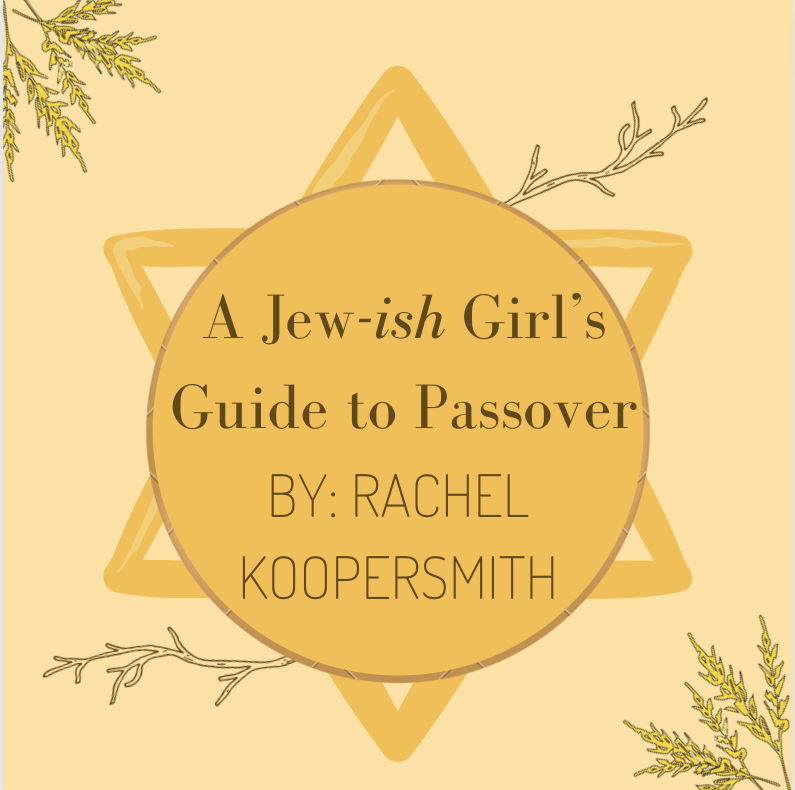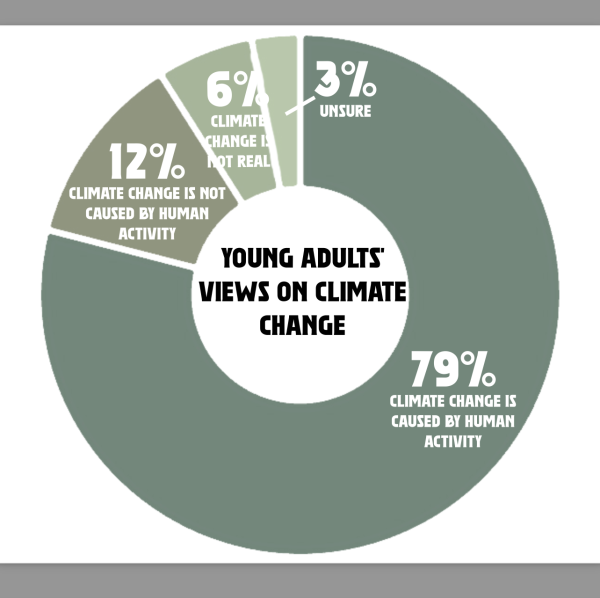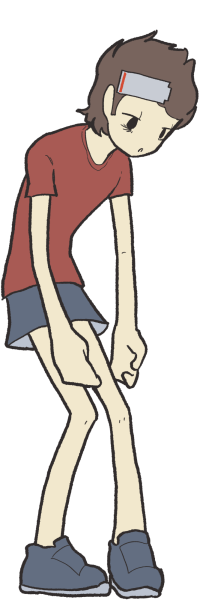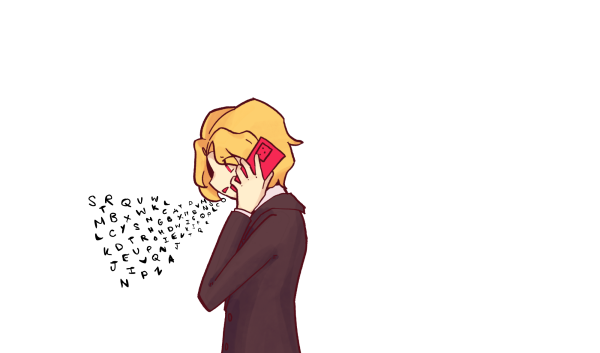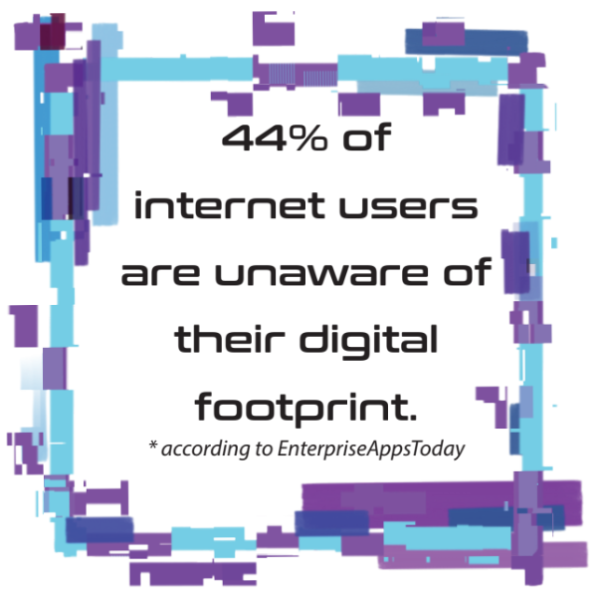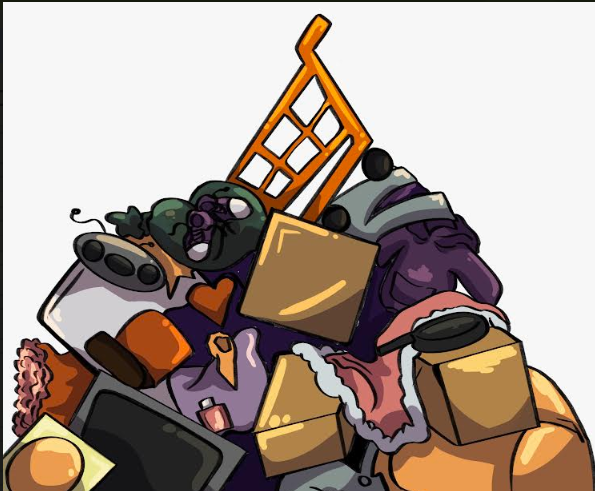A Jew-ish Girl’s Guide to Passover
April 29, 2022
My complex religious affiliation has always been a big part of who I am. My mom is Catholic and my dad is Jewish, meaning that I always have a fun and busy winter break. Because my parents grew up practicing their religions recreationally, they don’t impose either religion on my siblings and I.
Thus, they have given us the opportunity to choose what religion resonates with us more, whether that be one of theirs or a completely different one. The lack of this imposition has helped me delve into each religion thoroughly, and not feel completely bound by one or the other. This being said, I tend to connect with my Jewish heritage more than my Catholic one. There is not a clear-cut reason for this other than I feel more personally connected to my Jewish lineage.
My decision to dive deeper into Judaism was made in part by taking religion classes here at South (which I highly recommend – if you have the opportunity to do so).
While the religions classes at South do a phenomenal job at delving into all different types of faith in my experience, many students do not take these courses and lack an understanding of other religions. Consequently, I thought I would give a brief breakdown of Passover.
The story of Passover is rather long, so I will present a concise version. According to the Hebrew Bible, for many years, the Israelites lived harmoniously in ancient Egypt with the Egyptians. However, the Egyptians, specifically their hostile Pharaoh, began to see the growing population of Israelites as a threat because he thought they would outnumber the Egyptians. So, the pharaoh ordered the enslavement and drowning of the Israelites’ first-born sons in the Nile River. One of these sons, Moses, was rescued by the pharaoh’s daughter and adopted into the Egyptian royal family.
When Moses grew up, he received a command from God to free his people from the pharaoh’s bondage. The pharaoh did not obey God’s message, so he unleashed the ten plagues on the Egyptians. Some of the plagues included frogs, lice, and darkness, but the tenth and the most powerful plague was the killing of all the first-born children. For the Angel of Death to recognize which families were Jewish, the Israelites marked their doors with lambs’ blood so the angel would “pass over” their households and kill the pharaoh’s people. After this devastation to his people, the pharaoh exclaimed “Go! Leave!” Relieved, but still full of distrust, the Jews left quickly.
Because the Jews left in such haste, they did not have time to leaven (rise) their bread because it was a timely process, and unleavened bread was lighter to carry. For this reason, many Jews keep kosher during Passover along with a secondary set of dietary restrictions specific to the holiday. The Hebrew word “kosher” means “proper” as it relates to Jewish dietary laws. These laws forbid certain foods from being eaten, and they explain that some foods must be prepared in specific ways.
The dietary restrictions also forbid the mixing of dairy products with meat products. Dietary rules specific to Passover restrict the use of grains that can ferment and become leavened. These grains include wheat, barley, oats, rice, rye, and spelt. Thus, wheat flour is permitted only if it is unleavened – Matzah.
Studying religions other than your own can be extremely valuable because it allows one to understand why certain communities are shaped the way they are. For many people, faith shapes numerous aspects of their life, and delving into different religions can help one understand and become more aware of different cultures.
That is why I highly recommend taking religion classes. Religion classes have helped me in a plethora of ways. Besides fueling my natural curiosity about religions, the class itself has led me to become a more empathetic person and a stronger thinker. To have the best experience in the class, you have to rid yourself of any preconceived notions you have of the religion and go into it with an open mind. The questions posed in this class have led me to think more critically and understand that everyone can have different interpretations of religious matters. From these classes, I continued to develop potent skills I am bound to use throughout my life.



